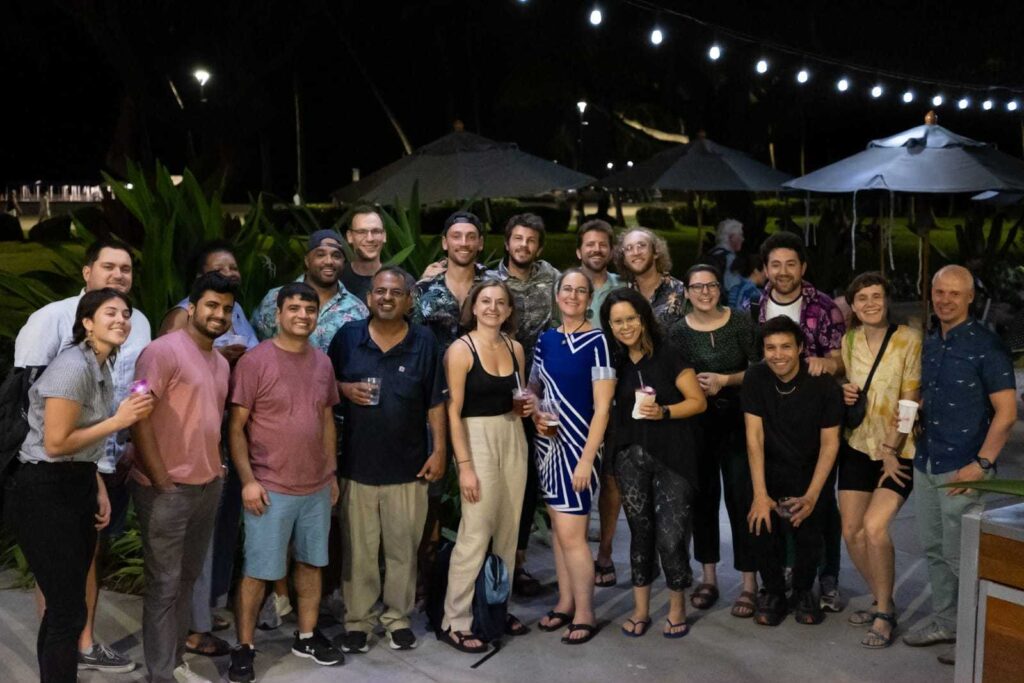by Eric Stribling
Attendee: Eric Stribling, Assistant Teaching Professor, Interplanetary Initiative
What was this event for or about?
This is the annual conference for the Society for Social Studies of Science (4S), one of the largest global conferences on the social dimensions of science and technology.
Why did you attend it, what were you hoping to achieve or gain from it?
4S is one of the leading global scholarly organizations dealing with the intersection of science, technology, and society. Our team participated to present our ongoing research efforts from the Space Exploration and Sustainable Development project, gain feedback, and understand the latest developments in the STS field.
What was a highlight of the event for you, or the most memorable experience of the event?
I really enjoyed a panel on the history of aluminum and its impact on our collective imagination of the future. Aluminum transitioned from a rare, precious metal into a ubiquitous commodity around WWII, thus enabling a long list of industrial and technological advancements. But aluminum’s impact was more than that. Through examples from architecture (like Disney’s Epcot Center) and science fiction to household appliances and furniture, the author showed how polished aluminum became a symbol of post-war modernity and a key element in imagined visions of the future during that time period. I saw parallels between this author’s central argument and our current visions of the space industry and our collective imagination about the future. Space exploration has recently evolved from an audacious, rare, almost fantastical endeavor into both a symbol of modern scientific and technological progress and something increasingly envisioned as accessible to more people.
What do events like the Society for Social Studies of Science (4S) Annual Conference contribute to the space industry? Why are they important to the future of space endeavors?
The central focus on science and society and the interdisciplinary approach of this conference is important for the unique insights into the societal, ethical, and cultural dimensions of space exploration, which are crucial for both shaping responsible and sustainable space policies and understanding how society may react as we increasingly become an interplanetary species.
Was there a topic from the event that the Interplanetary Initiative could learn from or explore further?
There was one speaker who presented on the difficulty of teamwork on a long-distance manned space flight, likening it to a multi-day road trip with your best friends, (who may not be your best friends after the trip.) The psychological stress and group dynamics between astronauts of extended space missions is an area that is under-researched, yet very important — What does conflict resolution, cultural or personality differences, and general mental well-being/resilience look like in the context of a 3-month trip to Mars?
